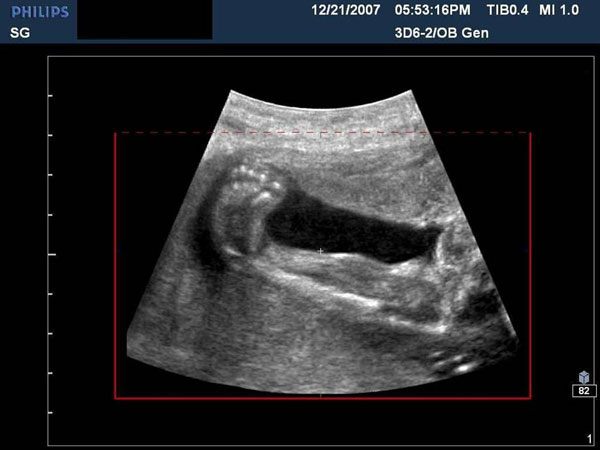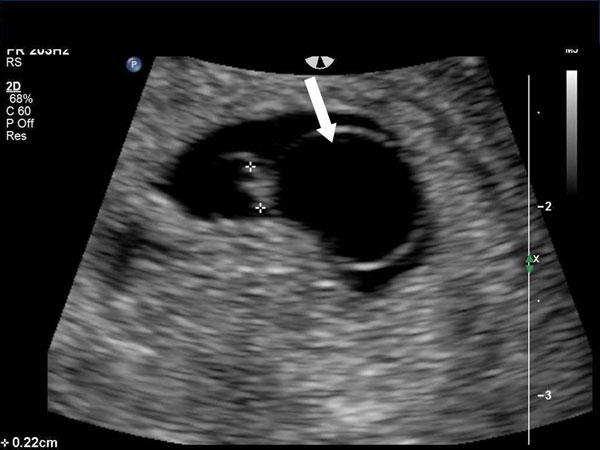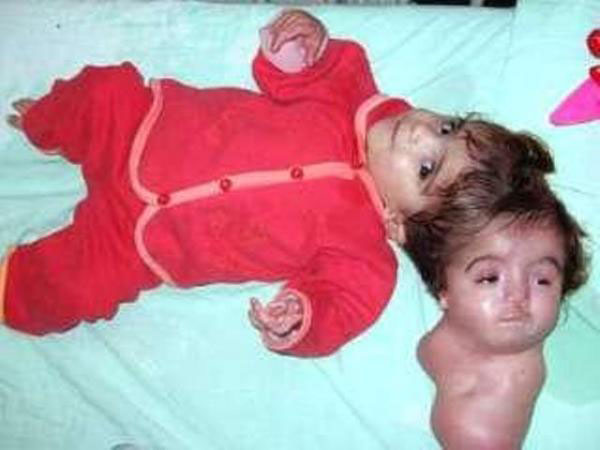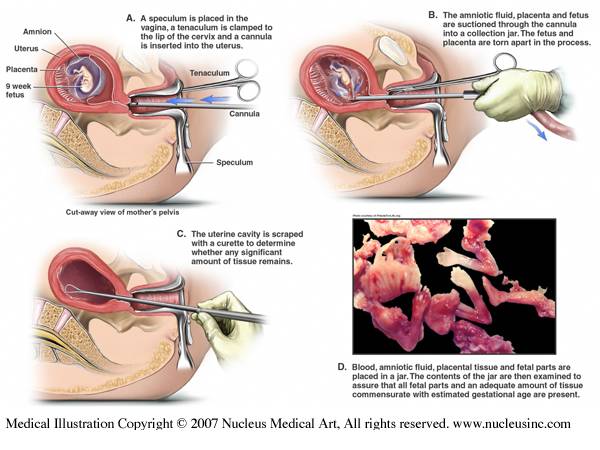Amniocentesis is very helpful in detecting abnormalities during pregnancy. Read on to learn more about amniocentesis.This test is helpful in diagnosing birth defects such as neural tube defect (NTD), including anencephaly (formation of brain failure), spina bifida (open spine), Down syndrome or trisomy 21 and cystic fibrosis. A small sample of the fluid in which the baby lies is drawn off through a needle. The test measures the amount of foetal protein both in the mother's blood as well as in the amniotic fluid surrounding the baby.
The needle is pricked with the help of an ultrasound. An ultrasound helps to locate the safe area for pricking the needle and drawing the fluid safely from the amniotic sac. It does not take more than 5 minutes for drawing the fluid from the amniotic sac. However, it may take around 45 minutes to complete the entire process.
When can be the results of amniocentesis obtained?
After drawing amniotic fluid from the amniotic sack of the mother, it is sent to the laboratory. This fluid contains the cells of the foetus. A period of few days to a couple of weeks may be required in order to analyse the fluid and provide the results.
For whom is amniocentesis advised?
An amniocentesis is usually advised for women in the following
high risk category for birth defects:
women over 35, women with three or more miscarriages, either parent or sibling has a known chromosomal abnormality or a hereditary disease.
It is also recommended in case if the membranes of a pregnant woman are ruptured prematurely and in order to determine if there is uterine infection. It is also very useful to determine if the foetus requires blood transfusion in case of foetal anaemia. This can be a lifesaving decision. Amniocentesis is also useful during late pregnancy to determine if the lungs are mature enough before delivery.
Doctors may ask a pregnant woman to undergo amniocentesis between the 14th and 20th week of her pregnancy. Few women are also asked to undergo this test during the 11th week of their pregnancy.
What are the other uses of amniocentesis?
Paternity testing can also be conducted with the help of amniocentesis even before the baby is born. Baby’s DNA can be accessed through amniocentesis before baby’s delivery. In this procedure DNA of the prospective father is taken and compared with the DNA of the baby obtained through amniocentesis. The results derived from such paternity testing are 99% accurate.
What are the side effects and risks associated with amniocentesis?
Although, the procedure of amniocentesis is safe the chances of miscarriage cannot be ruled out. But the chances of miscarriage are less than 1% and even lesser in case of the centres where amniocentesis is conducted on regular basis.
During this procedure,
miscarriage can be caused mainly due to premature induction of labour, breaking of water and uterine infection. Mothers also have to be prepared to undergo pain when the needle is pricked in the skin as well as when it pricked in the uterus. They may also experience the symptoms like cramping and some pain near the area where the needle was pricked. Leakage of fluid may also be experienced by some women.
One of the probable risks of amniocentesis is that if it is not performed correctly by taking ample of precautions, the needle can touch the baby. Therefore, it becomes a must to take right precautions with the help of
ultrasound to prevent the needle from coming in contact with the baby.
When any discomforts are experienced after undergoing this test, it is a must to bring them to the notice of your doctor.































